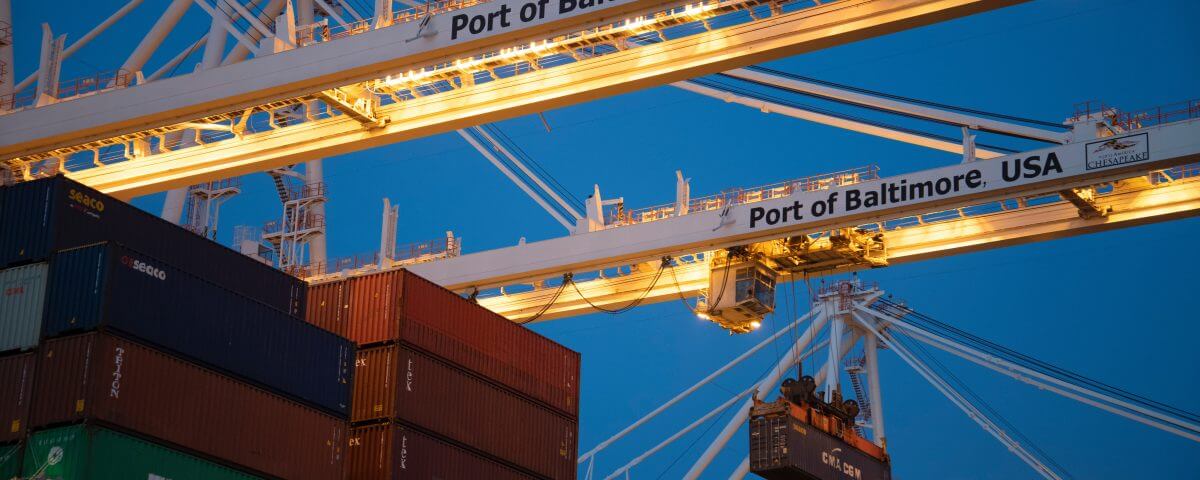
What is the Difference Between CIF and FOB?
August 15, 2018
Logistics Partners Help You Plan for Unexpected Shipping Events
August 20, 2018How Port Operators are Preparing for a Trade War

The U.S. has made moves that suggest a trade war with China is burgeoning. It’s also made moves that suggest a trade war with China will simmer down. Which way this will go is anyone’s guess. In the meantime, ports around the world are trying to accommodate both possibilities.
A Trade War or No Trade War?
International Container Terminal Services Inc. (ICTSI) is focusing on increasing capacities in Mexico and Iraq. Chairman Enrique K. Razon has indicated their Mexican port capacity would be increased from one million to 1.5 million TEUs. He’s stated their Iraqi port capacity would be doubled from 500,000 to 1 million TEUs. This assumes a trade war doesn’t happen.
If a trade war does happen, China would seek additional markets for its goods. This is one large advantage of China’s historic Belt and Road Initiative, which sees them investing heavily in building trade infrastructure across Central Asia and through South Asia. The most immediate advantage would be seen in South Asian ports and European markets, where increased trade would offer more shipping traffic and cheaper products.
The NAFTA Threat
There’s also the threat of the U.S. re-negotiating NAFTA, though it’s difficult to see how the U.S. could get a better deal today than in 1994. Mexico’s back was against the wall then, and they relied heavily upon U.S. trade. While still interlinked deeply with American trade, Mexico has more suitors today. Any space the U.S. creates in Mexico will be quickly filled by China and other partners interested in the country’s growing port capacities and imminent ability to compete with the Panama Canal. While Mexico would certainly endure short-term turmoil, its long-term trade outlook is positive regardless of what happens.
The U.S. can’t realistically engage in both a trade war with China and re-negotiation of NAFTA without severe risk to its economy, port workers, and shipping industry.
Managing Logistics Headaches
When no one can say for sure what will happen, it creates a volatile time for port capacities and shipping rates around the world. Many port operators are moving forward with multiple plans – for severe loss of business, and for drastic increase in business. Obviously, these impact rates in opposite ways. That makes planning ahead in terms of managing logistics costs more difficult. This in turn creates volatility for businesses that produce and trade goods internationally.
